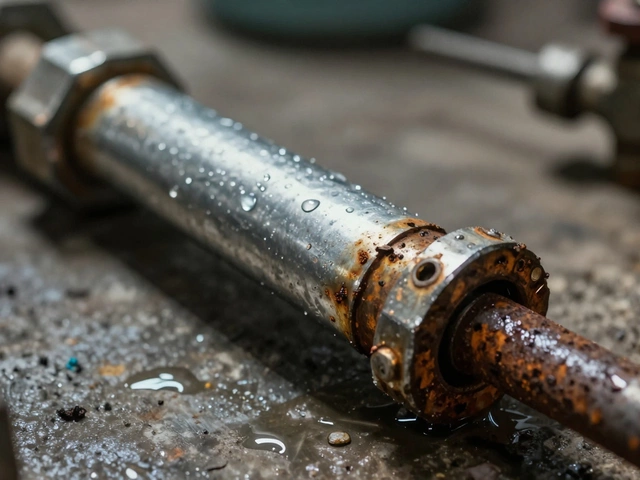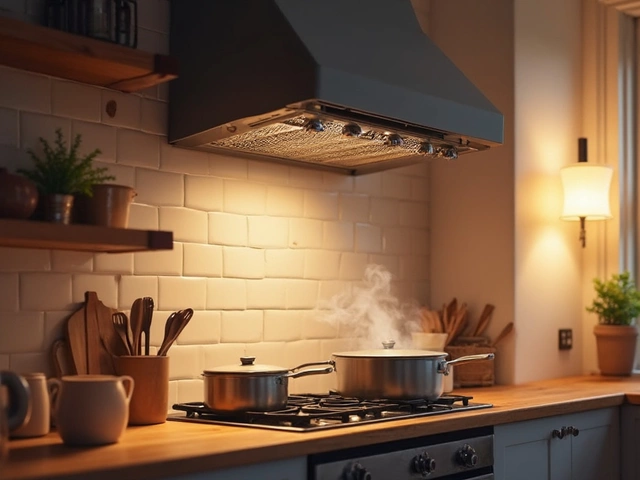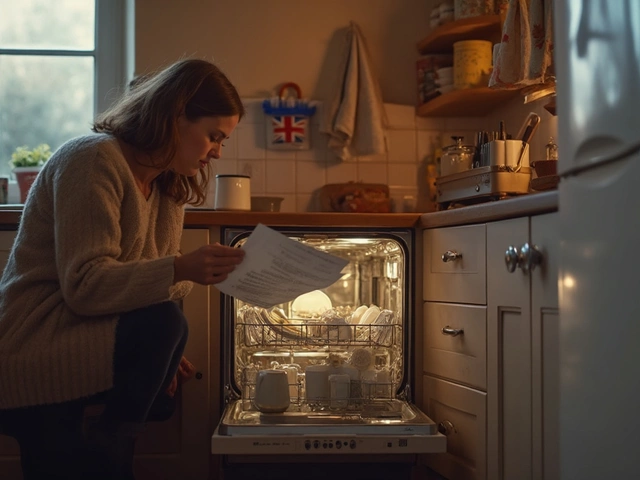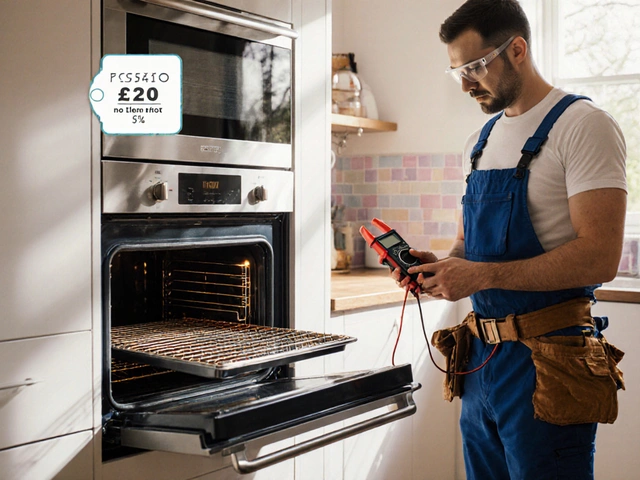So, all of a sudden, you're standing there in the shower with chilly water streaming down, and it's not even wake-up-refreshing cold, just uncomfortable. It's a pain, I get it! But don't worry, there's probably a simple explanation for why your hot water's taking a vacation. The first thing to check is the power source. Did someone accidentally flip a switch? No kidding, it happens more often than you'd believe.
Another frequent troublemaker? The pilot light. If you’ve got a gas water heater, the pilot light going out is like its way of taking an unscheduled break. Lighting it back up could warm things up again in no time. Now, I know not everyone’s into rummaging around their water heater, but believe me, a slight twist here and a check there can sometimes save you time and cash down the road.
And hey, if DIY isn't cutting it, there are professionals who can decipher that jumble of heater parts when it’s all Greek to us. But before you make that call, make sure it’s really needed. Sometimes the fix is a lot simpler than it seems. Let’s dig into some DIY solutions first, because who likes to pay extra when you can handle it yourself, right?
- Common Causes of No Hot Water
- Quick Fixes You Can Try
- When to Call a Professional
- Preventing Future Issues
Common Causes of No Hot Water
So, why isn't your hot water flowing like it should? There are a few usual suspects to consider before you go down the rabbit hole. Let’s break it down.
1. Power Problems
First things first, is your water heater even getting juice? Electric heaters sometimes suffer from a flipped breaker or a tripped fuse. Take a quick peek at your electrical panel to make sure everything is as it should be.
2. Pilot Light Went Out
If you’ve got a gas water heater, this little guy is crucial. Without it, your heater won’t ignite to warm up water. Relighting the pilot light is usually an easy task. Often there are instructions on the heater itself, so give it a shot.
3. Malfunctioning Thermostat
Your thermostat could be having an identity crisis, it might not be working properly. Sometimes, it’s not registering the correct temperature, and rising energy bills without the hot water to show for it can be a big clue.
4. Sediment Build-Up
Over time, minerals in the water settle at the bottom of the tank, forming sediment that reduces heating efficiency. This causes the heater to work extra hard, sometimes without getting hot water to you. Draining the tank periodically can help mitigate this.
5. Leaky Heater
Water pooling around your heater? That’s a bad sign. It might mean internal or external leaks, and this can definitely mess up your hot water supply.
Here’s a bit more perspective on how common some of these issues are:
| Problem | Frequency (% of issues) |
|---|---|
| Power Supply Issues | 25% |
| Pilot Light Outage | 20% |
| Thermostat Problems | 15% |
| Sediment Build-Up | 30% |
| Leaks | 10% |
Pinning down the culprit not only helps fix water heater issues but can also prevent them in the future. If you're feeling a bit lost, jot these down and consider if a professional might be the safer bet.
Quick Fixes You Can Try
Alright, so you're all set to tackle the issue on your own. No worries, there's plenty you can check before calling a pro. Let's break it down step-by-step.
1. Check the Power Supply
If your heater is electric, make sure it's plugged in and the breaker hasn't tripped. A quick trip to the breaker panel could reveal a flipped switch, especially if it’s a water heater dedicated breaker. Just reset it to see if that brings back the warmth.
2. Light the Pilot Light
For those with a gas water heater, the age-old pilot light could be the culprit. Open the access panel and check if the small flame is out. If it is, you’ll need to reignite it by turning the gas valve to the 'Pilot' position and using a long lighter. If you smell gas, though, stop and call a professional. Safety first!
3. Temperature and Thermostat Settings
Make sure your thermostat settings haven't budged. The typical setting should be around 120 degrees Fahrenheit for everyday use. Sometimes accidentally brushing against the dial can change everything, so give it a look-see.
4. Inspect the Heater Element
If you’ve got an electric model, there's a possibility one of the heating elements is toasting instead of heating. Turn off the power before checking on these. A faulty element often looks burnt or broken and is simple enough to replace by detaching a few wires and swapping it out.
- Turn off the circuit breaker for safety.
- Unscrew the element cover and check for visible signs of damage.
- Remove and replace if needed.
5. Give the Tank Time
If household members recently overloaded the system with back-to-back hot showers, the tank might just need some time to refill and reheat. It’s always worth waiting a bit to see if that fixes the issue before diving into more diagnostics.
| Fix | Ease of DIY | Effectiveness |
|---|---|---|
| Power Supply Check | High | Quick Result |
| Light Pilot Light | Moderate | Instant Heat |
| Adjust Thermostat | High | Gradual Warmth |
| Replace Heating Element | Challenging | Effective |
| Waiting It Out | Easy | Temporary |
These fixes can often do the trick, saving you time and money. If, after trying these, your hot water is still just a dream, it might be time to call in the experts.
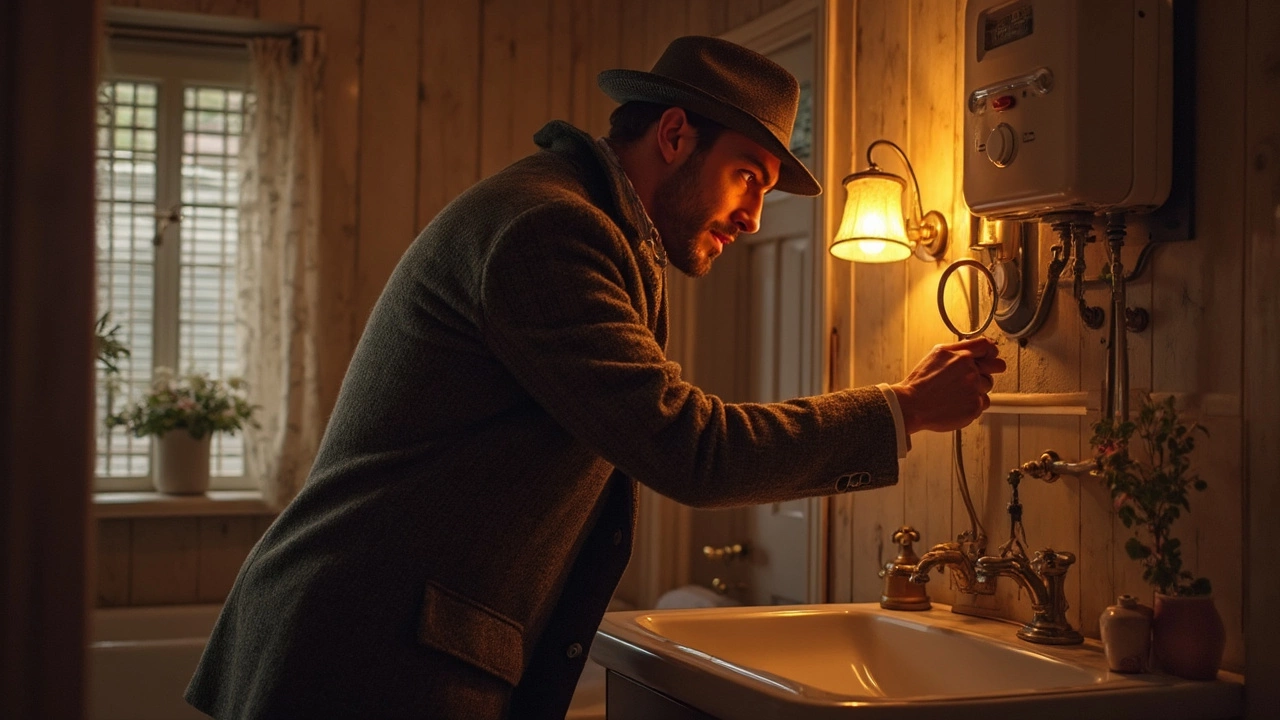
When to Call a Professional
Sometimes, getting your hot water back isn't as simple as flipping a switch or reigniting the pilot light. So, when do you throw in the towel and call in the experts? Here’s the rundown.
Signs You Need a Pro
If you hear strange noises like banging or hissing coming from your water heater, it's your cue to call someone in the know. These noises can mean sediment build-up or other internal issues. Another major signal is when the water temperature keeps fluctuating or stays lukewarm, even after tweaking the thermostat.
Check for water pooling around the base; this could indicate a leak—a problem you definitely don't want to mess with yourself unless you’ve got plumbing skills. Lastly, if your heater is over ten years old, it might be on its last legs. Professionals can assess whether a repair or replacement is more cost-effective.
Potential Costs and Considerations
While the DIY route could save some bucks, experts provide peace of mind because they diagnose and fix the problem more accurately. According to recent data, the average cost for professional heater repair could range from $100 to $500 depending on the problem. Yeah, it's not pocket change, but it beats a complete heater replacement or water damage repair.
What to Look for in a Professional
- First off, check their licensing and insurance. No license, no deal. Simple as that.
- Look at reviews or get referrals—you want an expert who is reputable and reliable.
- Ask about the warranty on parts and labor. A good pro stands by their work.
Remember, safety first. If anything smells fishy—literally, like gas or a burning odor—hairline cracks, or visible rust, call someone who knows their stuff to keep things safe and warm in your home.
Preventing Future Issues
Let’s face it, nobody's got time for unexpected cold showers. So, how do we make sure your hot water stays hot and available when you need it? Regular maintenance is the name of the game.
Flush Your Water Heater Regularly
Yep, you heard right. Over time, sediment can build up in the tank and mess with your heater’s performance. It's a good idea to flush the tank once a year. Just drain a few gallons of water out of the tank and you'll keep things running smoothly.
Check the Anode Rod
The who? The anode rod is this little thing in your water heater that prevents rust and corrosion. But guess what? It wears down over time. Check it every couple of years and switch it out if it looks too rusty. It'll extend your heater's lifespan and save you cash in the long run.
Adjust Thermostat Settings
Keeping your thermostat at about 120 degrees Fahrenheit is usually the sweet spot for efficiency and safety. Plus, it helps prevent scalding and could even lower energy bills.
Insulate Pipes
If your pipes aren’t insulated, you could be losing heat and spending more on energy. Insulating them keeps things efficient and could prevent freezing during those polar vortex moments.
Schedule Professional Inspections
If you're not the fix-it type, or even if you just want some peace of mind, having a pro give your system a once-over every couple of years can catch potential problems before they turn into expensive headaches.
Ensuring your water heater gets a little regular TLC could mean fewer troubles down the road. You’re not just saving yourself a few bucks—you’re keeping your life hassle-free. After all, we’ve got better things to stress over than an unplanned icy rinse!


